You never have enough time to get everything done. You miss meals or just grab something on the go that may not be very nutritious, but you still put on weight easily. You push yourself to keep going when all you want to do is lie down, but once in bed spend your time anxiously going over the concerns of the day. Coffee or sweet food and drink gets you through when your energy droops, and there isn’t enough time to relax, pray or meditate, never mind enjoy yourself having fun with the children or going for a nice walk in the countryside. Your energy levels are low and you wake up exhausted in the morning. And things are getting worse.
These symptoms might have been written off as a psychological problem in the past, but these days, forward-thinking scientists have identified a new hormone disorder- adrenal fatigue- caused by stress, inadequate nutrition and dependence on stimulants in place of real energy. Whereas over-eating and under-activity are linked with imbalance of the hormone insulin, the under-eating and over-active lifestyle leads to imbalance of the hormone cortisol, which keeps us going through the day. We have all heard about the growing problem of obesity, but how many of us aware of the similarly dangerous and widespread problem of early decline from pushing yourself too hard on not enough energy? People can see your size, but they cannot see how tired you are, especially if you don’t let them. The worst thing is, many women consider this almost a virtue, rather than a dangerous way of life. Yet it really can put so much stress on the body that illnesses take over and organs start to fail.
Fortunately, the cure is not a drug or an operation: it’s dedicated long-term improved self-care – physical, mental, and spiritual. Doctors don’t talk about spirituality much, but an overview of the recommended approaches to improving your adrenal health, and making yourself stronger, and more energized, shows a remarkable correlation between the best of modern holistic medical care and the advice of certain Jewish sages – ancient and modern. And many of these recommendations are either very similar to spiritual practices, or would be better accomplished with a spiritual approach, in my humble view. For instance, remembering that Hashem runs the world is a great solution in itself to stress- and it reminds us that trying to run our own little worlds on our own is not a worthy, admirable thing to do, so much as an egotistical and wrong-headed one.
As a Noahide, I am not surprised that the health books I am reading say the same things as the Rambam, Rabbi Nachman, and Rabbi Brody – that’s how I know they are good books! Medicine and health advice goes through fads and trends, but some basic principles remain true, and it is my belief that sticking to those principles from the start would enable us all to avoid harming our own hormonal systems through abuse. Over the years, I have noticed many times that what really works for everyday health problems is prayer, avoiding dependence on doctors, and staying focused on good health practices through a sense of spiritual obligation. Yet as a sufferer of adrenal burnout, I know how easy it is not to realize what you are doing to yourself until things get bad. Modern American culture encourages us to follow the “work ethic”, not the “obligation to Hashem to take care of ourselves as well as our families” ethic. The yetzer hara tells us we are doing good when actually we are doing bad. But then we realize, and we learn and do better.
Here is a list of the basic requirements for people in a state of exhaustion with the symptoms of exhaustion, anxiety, stress, overwork, bad sleeping patterns and a poor diet. I hope to expand on them and explain more about what to do, both spiritually and in other practical ways, in further articles.
1. Eat natural, nutritious, balanced meals, including breakfast.
2. Exercise in moderation, not excessively, and not to the point of exhaustion.
3. Spend time each day in relaxing meditation and prayer.
4. Sleep as much as you need to – allow 8 hours in bed.
5. Avoid alcohol and sweet drinks, and phase out caffeine.
6. Avoid sugar, and eat nutritious non-sugary snacks between meals to boost your energy instead.
7. Practice deep breathing several times a day.
8. Avoid junk food, chemical additives, and any other chemicals or toxins, and breathe fresh country air instead, as much as possible.
9. Do something lighthearted and enjoyable every day- have fun, be happy (it’s a mitzva!)
10. Remember that taking care of yourself is an obligation to Hashem, not a selfish way of life. It’s much more selfish to neglect yourself and damage your health, especially if others are dependent on you.
If you are exhausted in the ways I have described, just making one or more of these changes could improve your well-being greatly, almost right away. Please do make the time to do that now, especially if you are a mother. And don’t forget to ask for help- from your husband, your family, and most of all Hashem. You are not on your own, and now is the time to stop acting like it- taking on too much is not heroic, it’s letting the yetzer walk all over you. Just remembering twenty times a day that the world is on God’s shoulders, not yours, can make all the difference. Do that while taking a few deep breaths, and you’re on the right road already.
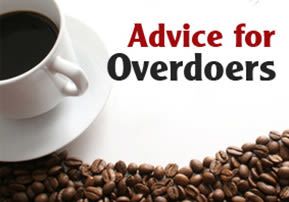






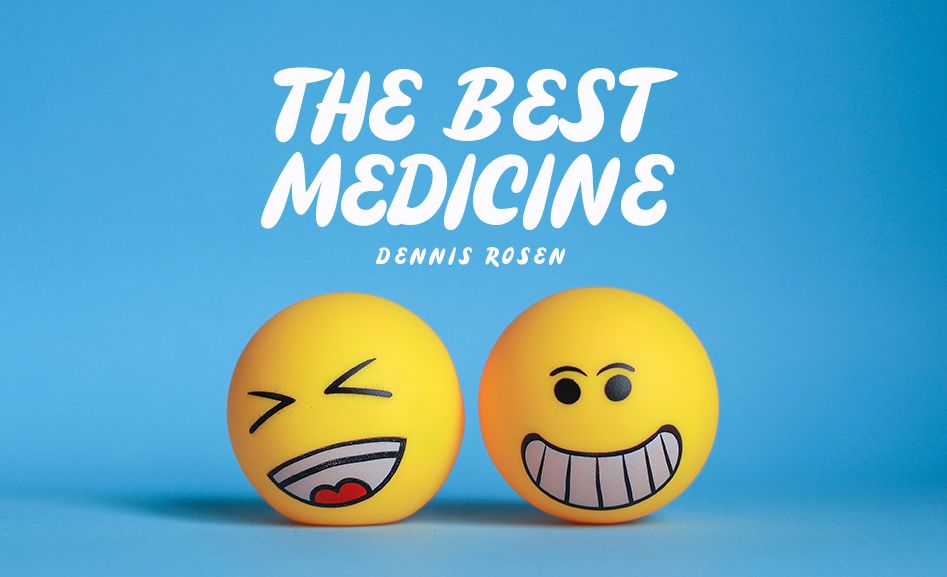

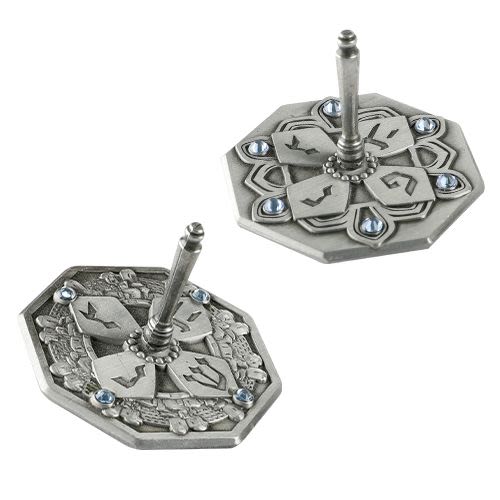
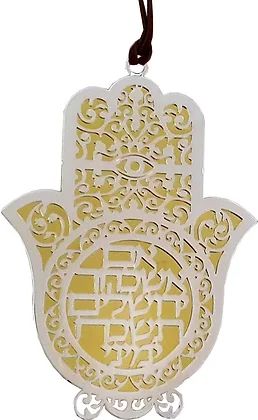
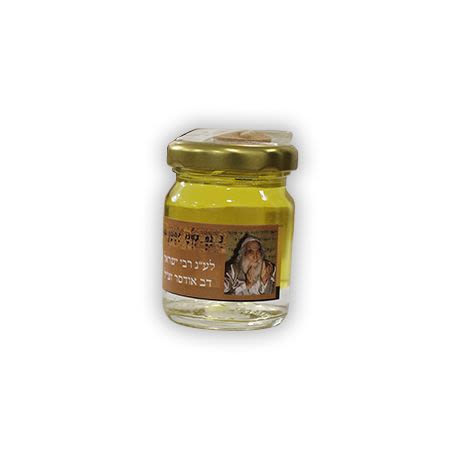
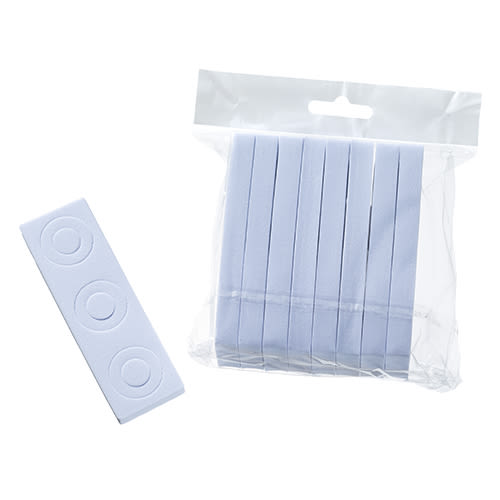
Tell us what you think!
Thank you for your comment!
It will be published after approval by the Editor.